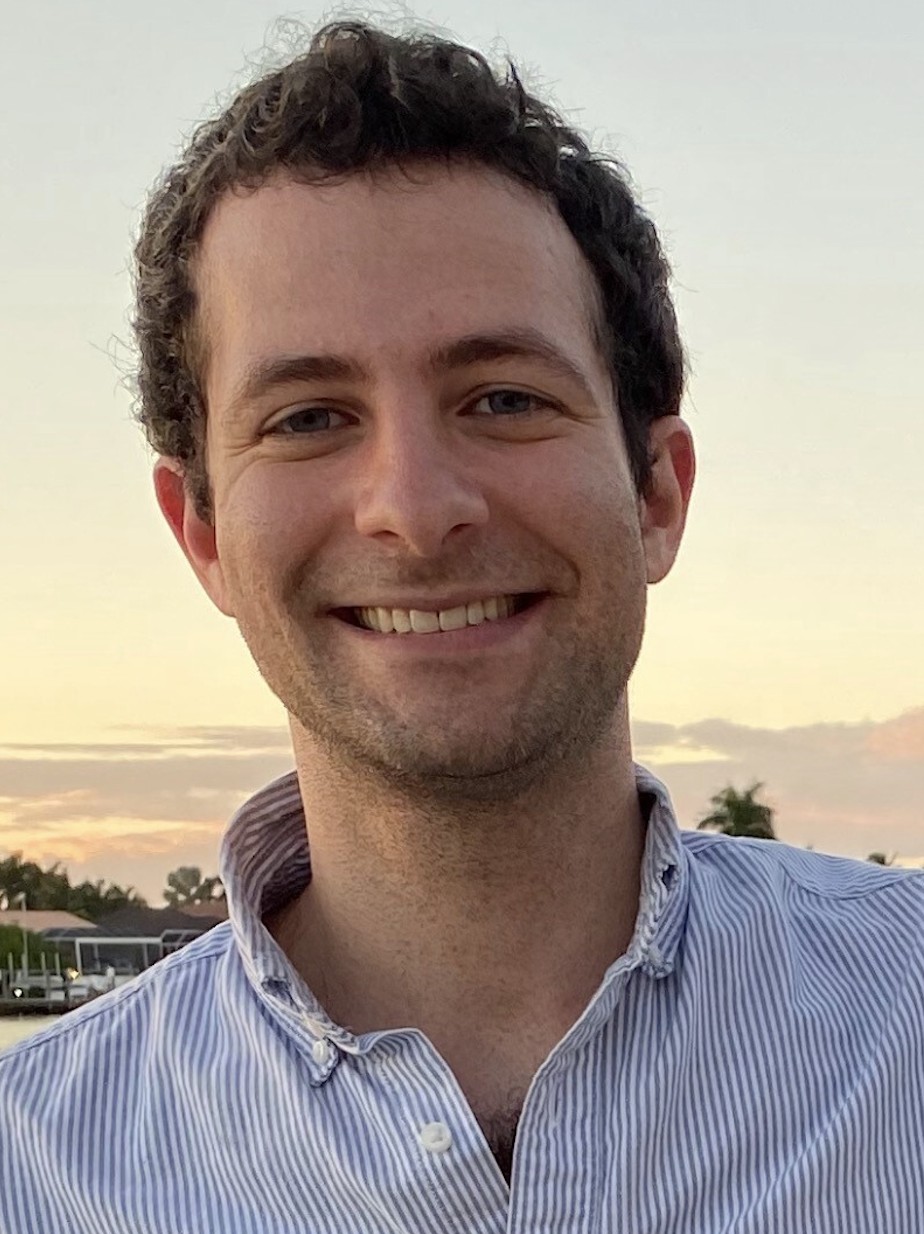This week, Congressman Jamie Raskin and his wife Sarah Bloom Raskin, former Deputy Secretary of the U.S. Department of Treasury, published an incredibly powerful and heartbreaking tribute to their son Tommy, who took his own life on New Year’s Eve at the age of 25. They remember him as “a radiant light in a broken world.” As is clear in the piece, Tommy was indeed an amazing young man, full of promise and relentlessly dedicated to service and making the world a better place. As a boy, he befriended the loneliest kids in class, rejected cliques, founded a peer-to-peer tutoring service and became an animal rights activist. And soon, his parents write, “he began to follow his own piercing moral and intellectual insights looking for answers to problems of injustice, poverty and war.”
After college, he enrolled at Harvard Law School, and while there he was a teaching assistant for professor Michael Sandel’s popular “Justice” course. He donated half of his teaching stipend to global charities, and when the semester ended, he made donations in each of his students’ names to global hunger nonprofits. “When [we] asked him why he did this,” his parents write, “he quoted something that he loved which Father Daniel Berrigan said about Dorothy Day: ‘she lived as though the truth were true.’ Tommy said: ‘I wanted them to see that the truth is true.’”
Tommy’s tragic story is a particularly grim and searing reminder of a mental health crisis that has been building for years. Among those between the ages of 10 to 34, suicide is the second leading cause of death, and “deaths of despair” have been rising since the year 2000. And this was all before the pandemic, which has only intensified the crisis.
Though we’re currently locked in the third wave of the pandemic, which is still growing at an alarming rate, vaccinations have started, and there are glimmers of light at the end of what has been a very long and dark tunnel. But the health challenges aren’t going to end even after we’ve finally been able to vaccinate enough people to contain the virus. What some are calling the fourth wave of the pandemic — the mental health crisis — will still be raging after we have finally contained the virus. A recent study in JAMA found that the percentage of Americans reporting symptoms of depression has more than tripled since the start of the pandemic. “Post-COVID-19 plans should account for the probable increase in mental illness to come, particularly among at-risk populations,” the authors write.
As vaccinations continue to roll out, this month is going to bring another hopeful change: a new administration. Though the pandemic will be far from over when the President-elect finally becomes President Biden on January 20th, mental health absolutely needs to be woven into public health policy from the very beginning of his term. And there are plenty of good signs. His nominee for Surgeon General is Dr. Vivek Murthy, who will be reprising the role he served in during the Obama administration. Murthy has written extensively about mental health and loneliness, which he calls a public health “epidemic.” It’s also the subject of the book he published in May called Together: The Healing Power of Human Connection in a Sometimes Lonely World. Biden has also pledged to increase funding for both mental health telehealth programs and for more mental health professionals.
Based on the work we’re doing at Thrive Global with companies around the world, I can say that mental health awareness and the need for proactive action has increased enormously in the business world. And that’s a good thing, because we’re going to need all hands on deck. As Tommy Raskin’s story shows, no family is immune from depression or mental health challenges. Of course, we all need strong support systems and social networks, but mental health issues also need the same approach we take to other health problems: more investment in science, research and new solutions.
In bravely sharing the story of the remarkable son they shared with the world, Tommy’s parents closed their tribute with the note that Tommy left for them: “Please forgive me. My illness won today. Please look after each other, the animals, and the global poor for me. All my love, Tommy.”
It’s a challenge we should all strive to live up to.
Subscribe here for Arianna’s On My Mind Newsletter, where you’ll find inspiration and actionable advice on how to build healthy habits, resilience and connections in our unprecedented times.


